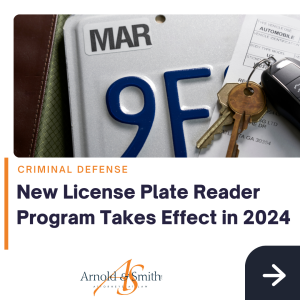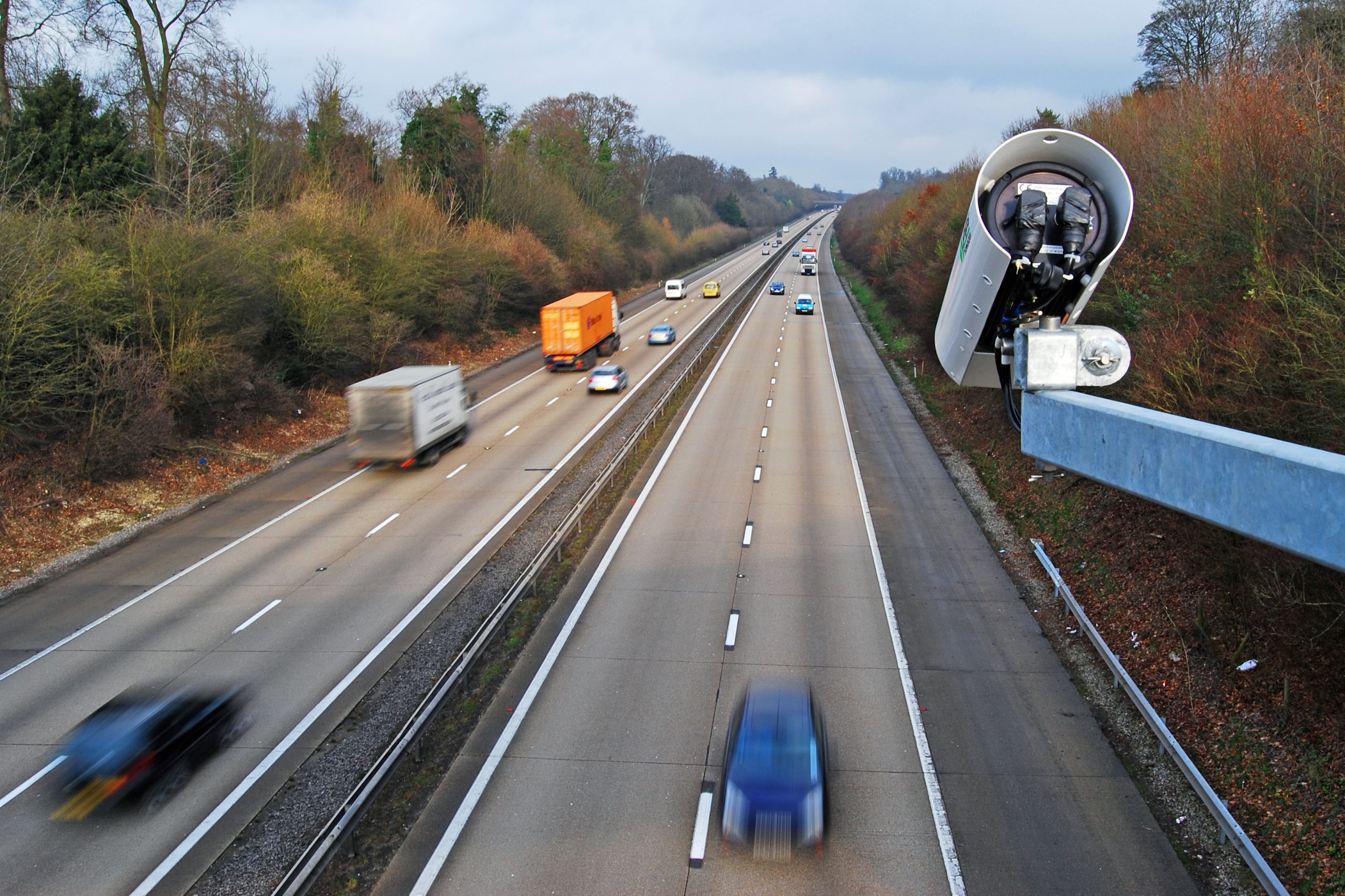 New License Plate Reader Program Takes Effect in 2024
New License Plate Reader Program Takes Effect in 2024
More and more police departments are using automated license plate readers to assist them with law enforcement. There has been controversy surrounding the use of these devices and concern about what law enforcement does with the data. In Charlotte, for instance, the law requires police to purge data after 18 months. In Raleigh, police have to purge data after six months, as long as it is not being used as part of an investigation. A new law in effect allows for the addition of more license plate readers in 2024.
What are Automated License Plate Readers?
Automated license plate readers (ALPRs) are also called plate scanners. They are devices that automatically scan and collect information that can be used by law enforcement. Scanners read license plate numbers and compare them with databases to find matches with possible criminal behavior. Some scanners can process up to 3,000 scans per hour. When a match is found, an alert is sent to the police, who can then immediately follow up. License plate readers may be mounted on police vehicles, or they could be permanently mounted near roads and highways.
Charlotte DWI Lawyer Brad Smith answers the question: “If I simply intend to plead guilty, why do I need a lawyer?”
Are ALPRs Legal?
Many people wonder whether automated license plate readers are legal. It is helpful to know that law enforcement is only allowed to utilize license plate readers for a limited number of reasons. North Carolina Senate Bill 409 covers license plate readers, along with some other things. That part of the law, which is in effect starting in 2024, authorizes the North Carolina Department of Transportation (NCDOT) to enter into an agreement with the State Bureau of Investigation to begin a new pilot license plate reader program.

This means that the scanners may now be placed along highways controlled by NCDOT. The law allows for the use of ALPRs for limited uses including to help locate a stolen vehicle, to help find a missing person, to locate someone who has an outstanding warrant, and for part of criminal investigations. The law does not allow ALPRs to be utilized in the enforcement of traffic violations. If an ALPR was used in connection with a criminal arrest, your attorney will review the circumstances under which it was utilized to ensure that it was done in accordance with the law.
Is it Legal to Block Your License Plate?
North Carolina law requires that all vehicles on the road display a current license plate. There are various devices and products on the market that claim to block the license plate or obscure it from being read by license plate readers. For example, some types of license plate frames have covers that blur the license plate number when being photographed. These types of devices are not allowed. If you are found to be using one, the police will instruct you to remove it, or you could be given a ticket or fined. These blocking options are similar to the use of fake or stolen license plates on a vehicle. The more police departments rely on ALPR devices, the more law enforcement will continue to ensure that blocking devices are removed.
Automated license plate readers are likely here to stay. If you were arrested for a crime in which ALPR data was utilized, your attorney will make certain that the police used the data in accordance with the law. Contact our legal team at Arnold & Smith, PLLC, at (704) 370-2828 for a consultation to discuss your case.
The criminal defense attorneys at Arnold & Smith, PLLC make it their mission to zealously defend their clients on a wide range of criminal matters at both the state and federal levels. These matters may include any charge from traffic offenses; DWI/DUI; drug charges (from simple possession to possession with intent to distribute and trafficking); gun permit denials; weapons offenses; and property crimes (larceny, breaking and entering, robbery, fraud, embezzlement, white collar offenses); to sexually related offenses (indecent exposure; sexual assault, crimes against nature, removal from sex offender registry); and violent crimes (domestic violence; assault; manslaughter; homicide, murder). Other legal issues that Arnold & Smith, PLLC criminal clients may be facing include restraining orders, restraining order and probation violations, expungements; appeals; and immigration issues related to criminal charges. Our criminal defense attorneys are passionate about ensuring that individuals empower themselves by being informed about their constitutional rights and stand at the ready to fight in the defense of those facing criminal charges.
Source:
S&T Automated License Plate Reader Fact Sheet | Homeland Security (dhs.gov)
Chapter 20 – Article 3D (ncleg.gov)
N.C. Department of Transportation (ncdot.gov)
Image Credit:
https://www.freeimages.com/photo/big-brother-1449723
See Our Related Video from our YouTube channel:
https://www.youtube.com/user/ArnoldSmithPLLC/videos
See Our Related Blog Posts:
Is Speeding a Traffic Offense or a Crime?
 Charlotte Criminal Lawyer Blog
Charlotte Criminal Lawyer Blog


